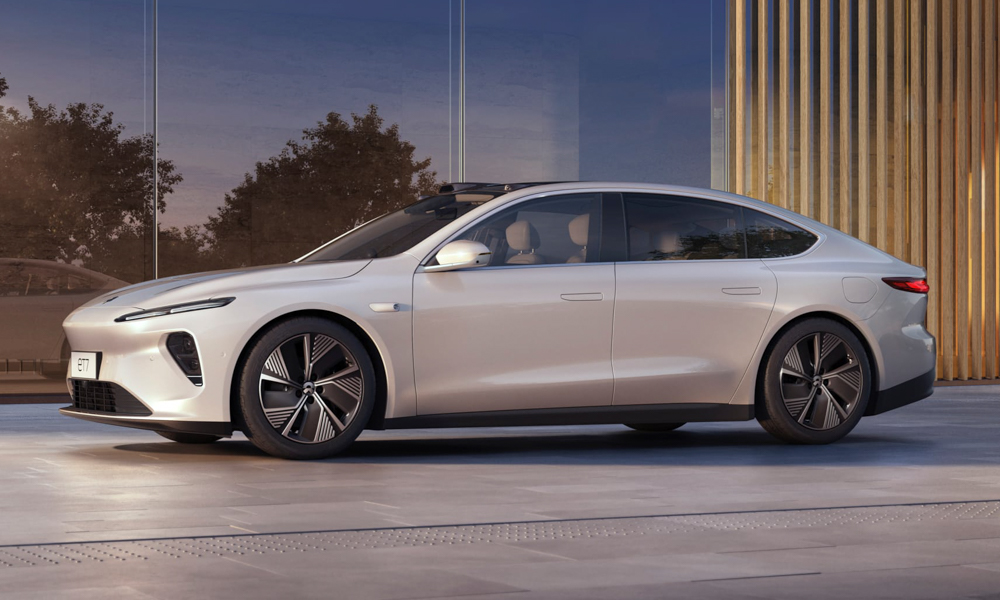
The number of EVs being released in the market is constantly growing, all of which seem to be based off the tried-and-tested formula that is the Tesla Model S. One of these newcomers is the ET7, produced by Chinese automaker and Formula E competitor Nio.
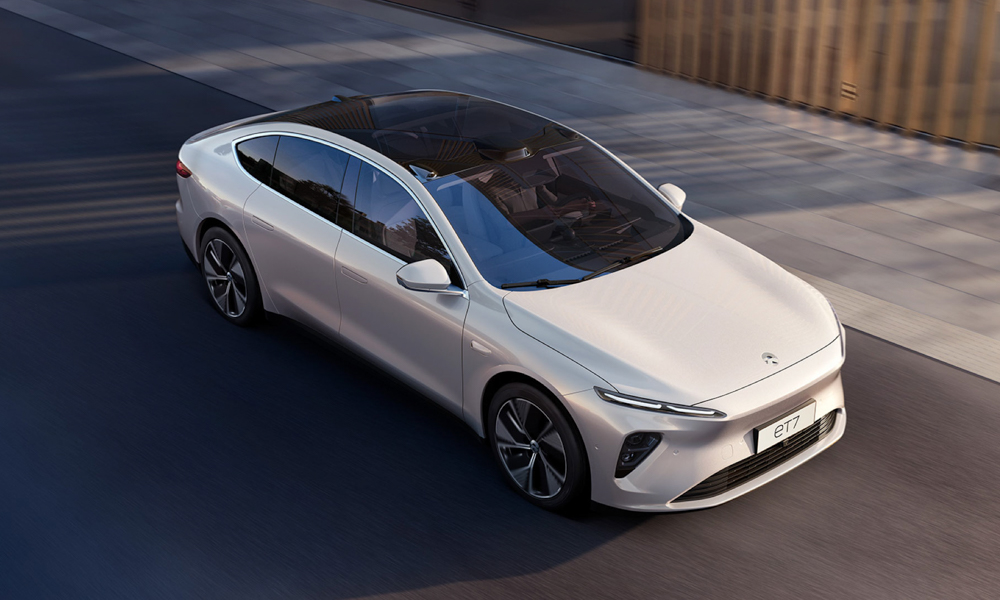
The ET7 focuses mainly on autonomous driving with its suite of technologies aptly called Nio Autonomous Driving (NAD). This starts with the Nio Aquila Super Sensing that consists of a slew of sensors, which include but are not limited to 11 8MP high-resolution cameras, one ultra-long-range high-resolution LIDAR, five millimeter-wave radars, and 12 ultrasonic sensors. All of these work in tandem with the Nio Adam Super Computing technology that processes this deluge of data.
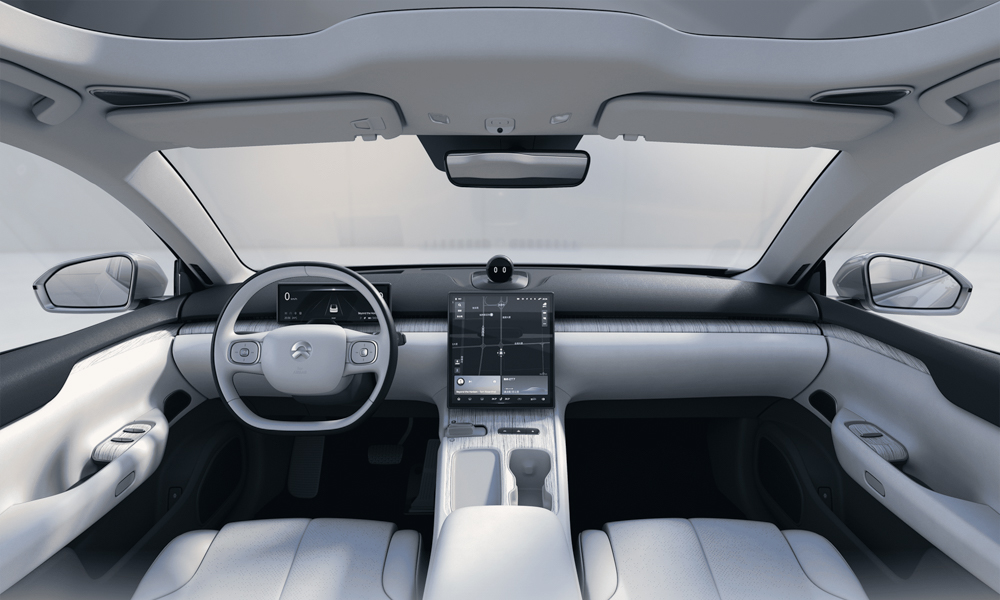
The car looks relatively tame for a flagship sedan, but it does have design elements that will make the styling stand the test of time. The side profile is a gorgeous fastback silhouette that, combined with the sleek light signatures found in the front and at the rear, adds to the ET7’s streamlined aesthetic.
As a luxury sedan, the ET7 offers the usual niceties found in this range of vehicles. The spacious interior is made from premium materials. The infotainment system has a 12.8-inch OLED center display linked to a 23-speaker surround-sound stereo. The adaptive air suspension has plenty of sensors that continuously work the dampers, giving the car a smooth and relaxing ride.
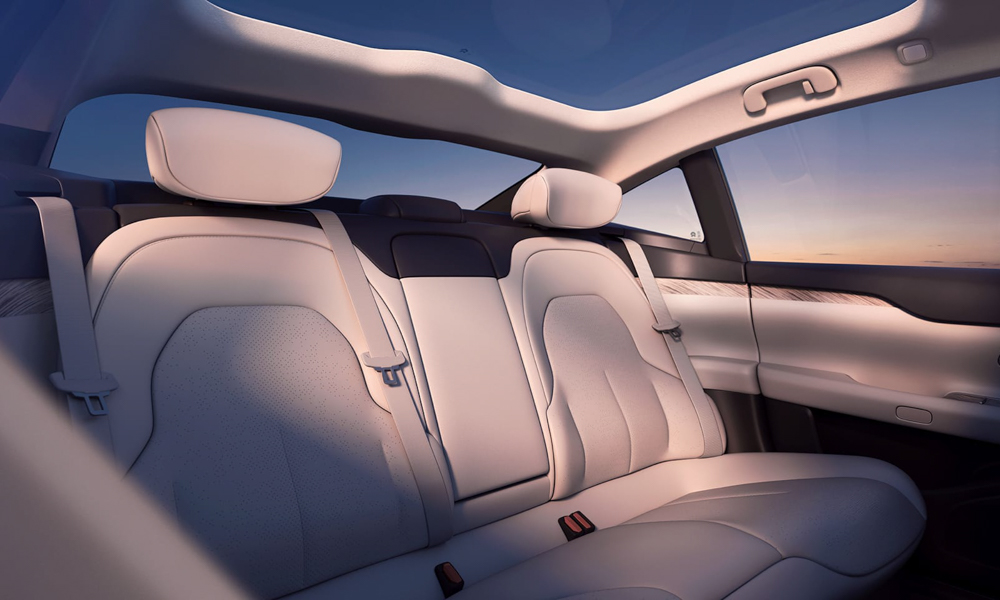
Though it may look conservative, the car also has a surprising amount of power on tap. Two electric motors produce a combined output and torque of 644hp and 850Nm. A speed of 100km/h is achieved in a brisk 3.9 seconds. Customers initially have a choice of two battery capacities. The 70kWh pack has a New European Driving Cycle range of 500km, while the 100kWh module nets 700km on a single charge. There are plans to introduce a 150kWh pack, which has a potential endurance of over 1,000km.
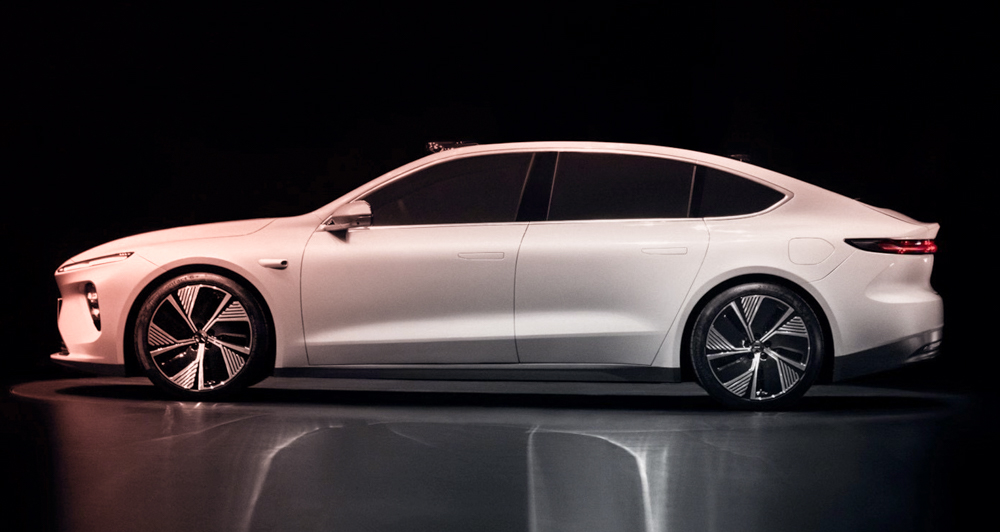
As for acquisition costs, the ET7 has a bunch of interesting pricing schemes. Customers can either buy the vehicle outright or with subsidies via BaaS (Battery as a Service). The latter is basically a subscription scheme pioneered by Nio, in which customers can simply pay a monthly fee for battery rentals instead of owning the battery pack outright. With the ET7 starting at 448,000 Chinese yuan (P3,328,000) when bought, acquisition via BaaS can reduce the purchase price by as much as 128,000 Chinese yuan (P952,000) on some variants.
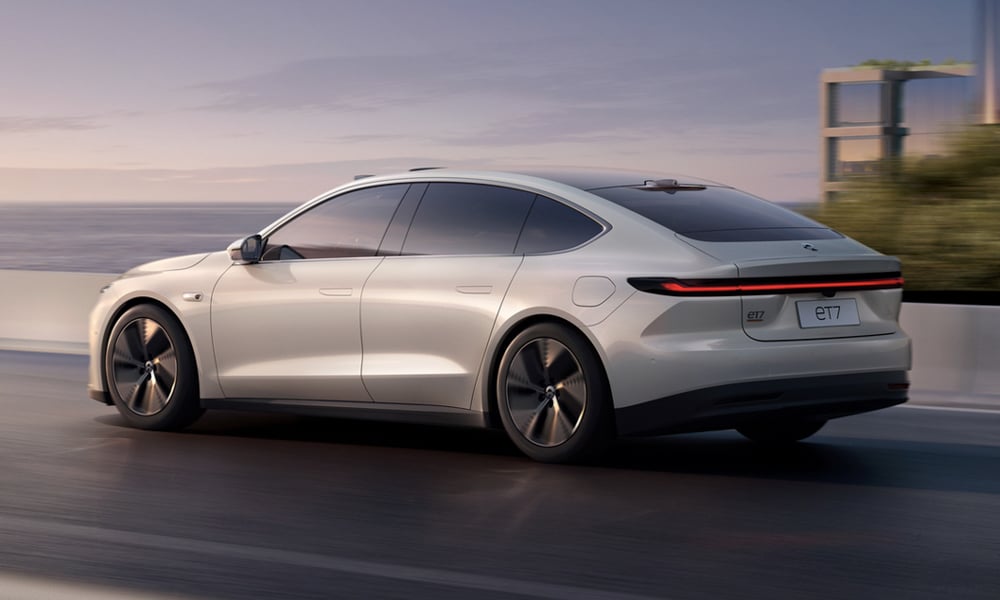
Interestingly, the ET7’s NAD self-driving service can only be had with a monthly subscription fee of 680 Chinese yuan (P5,100). That’s a bit strange, considering that the technical focus of Nio and the car’s pièce de résistance are the gadgets that allow the vehicle to run autonomously. But we guess there is a price to pay for convenience, and the Chinese automaker is capitalizing on that.


0 Comments